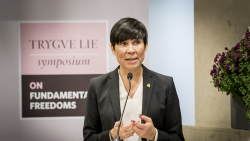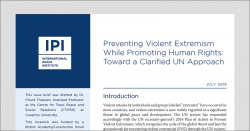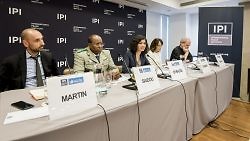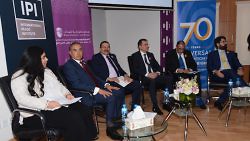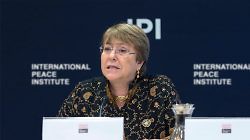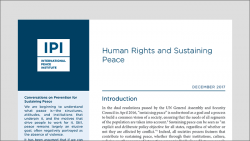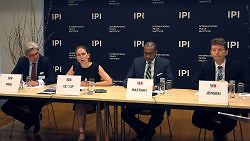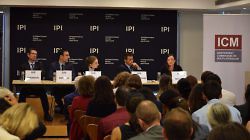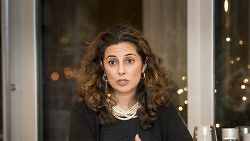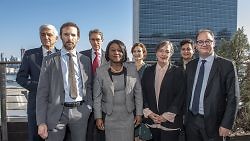
On November 21st, IPI and the Normandy Region co-hosted a policy forum on the importance of inclusion and human rights in building lasting, durable, and sustained peace, with a particular emphasis on the importance of women’s participation in peace processes and international mediation.The Normandy Region launched the Normandy for Peace Initiative in 2017, and it […]
Read more